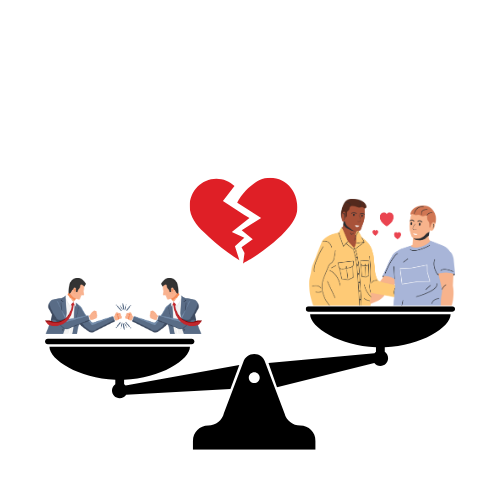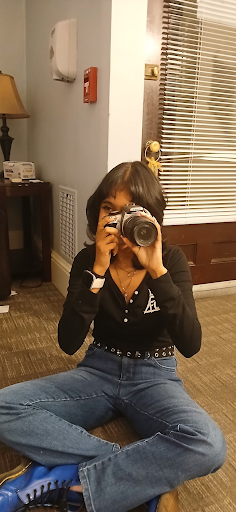
If you’re in a relationship and reading this, there’s only a ⅕ chance you and your partner align with different political parties. This figure has only gotten slimmer over the years, and there’s a reason for this!
Politics in the U.S., and universally, have grown more polarized over the past few decades. In the 80s, you could bring home a partner of a differing party to your family without blinking. Now, that almost seems like a cardinal sin.
A study found that nowadays, this happens considerably less. It’s almost unfathomable that you date outside your party, let alone bring home someone who doesn’t subscribe to your family’s beliefs.
With 24-hour news dominating our brains most of the time, our core beliefs are tied to our politics. One’s opinions on human rights, the environment, and fiscal responsibility matter in a relationship; so, you can say politics shouldn’t define your associations, but that’s almost impossible to live by realistically.
I always say, there’s enough to fight about in relationships, excluding politics – why add on another stressor?
So, if you can’t tell, I personally wouldn’t date outside of my political party, and I don’t understand how others can. There’s already established research on political homophily, where people tend to associate, make friends, and date specifically within their political tribe.
And being a mixed-politics couple comes with even more stress than individual fights; there can be tension at family gatherings, especially identity-related disagreements. Coming from a political science major, your political spectrum is more than just who you vote for; it is a culmination of your identity and dignity, and the universal recognition of that.
If you feel as if your partner subscribes to a party that is stripping away your rights, how can you stay with them?
As politics subscribe more to race, religion, and sexuality, and identity politics are on the rise, it’s challenging to connect with someone in a different political sphere than yourself. Why do you think only 9% of marriages are between individuals from different political parties?
Of course, minor political disagreements are normal in a relationship. Make sure you bring respect and curiosity into your conversation, including active listening and honest boundaries. Choose your battles; decide what’s worth a debate vs. a let-it-go moment.
Remember that you likely have shared values. Focus on your overlapping beliefs, such as kindness, fairness, faith, and connect on those accounts and branch out from there.
Stick to “I” statements, like, “I feel upset when interrupted during our political discussions.” That way, the blame isn’t centralized on one person, but still addresses the hurt feelings. A good idea is to agree to fact-check together, because if you can’t agree on the facts, you won’t agree on anything.
While I’m convinced shared politics makes romance simpler, difference isn’t always a death knell. Research from organizations like the Pew Research Center indicates that couples with mixed political views who stay together often report stronger communication skills.
Disagreement forces them to practice curiosity, sharpen critical thinking, and build empathy, traits the rest of our civic life could use more of. When handled with respect, those debates can model exactly the kind of dialogue our culture keeps saying it wants.
On campus, the dating landscape reflects this. Tinder and Hinge are political sorting hats, and both apps literally let you filter by party or list your views right in the bio.
When I fell victim to the dating app curse, I personally swiped left the second I saw different political beliefs, no questions asked. I consider myself open-minded, but I’d rather not risk a first date turning into a debate round.
Looking ahead, it’s hard to imagine this trend easing. With another presidential race already heating up for 2028 and social media echo chambers tightening, political identity is hardening into lifestyle.
For now, love doesn’t require identical ballots, but it does demand mutual respect and a willingness to listen. If you and your partner can manage that, your relationship might just outlast the next election cycle, no matter who’s on the ticket.
Thanks for reading, and as always, if you have any suggestions or comments, feel free to fill out my anonymous Google Form.







